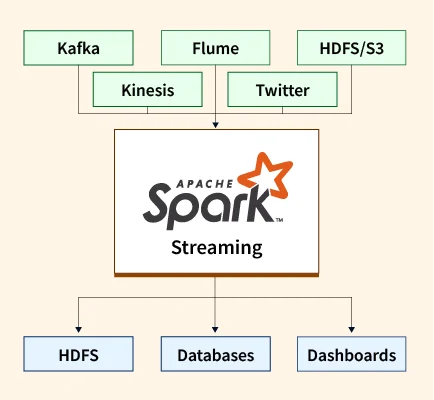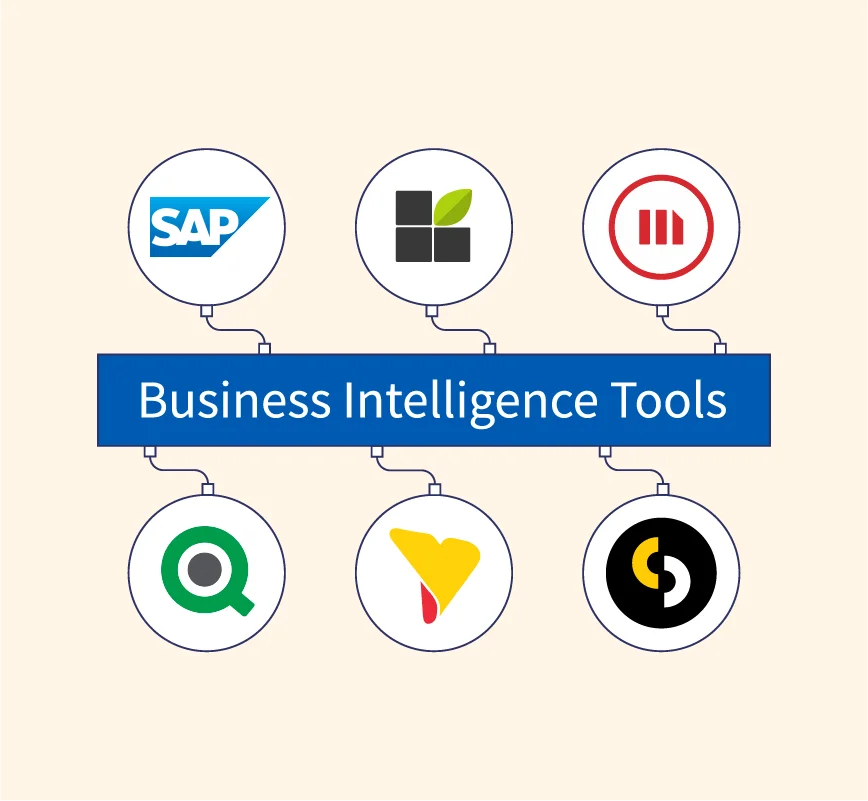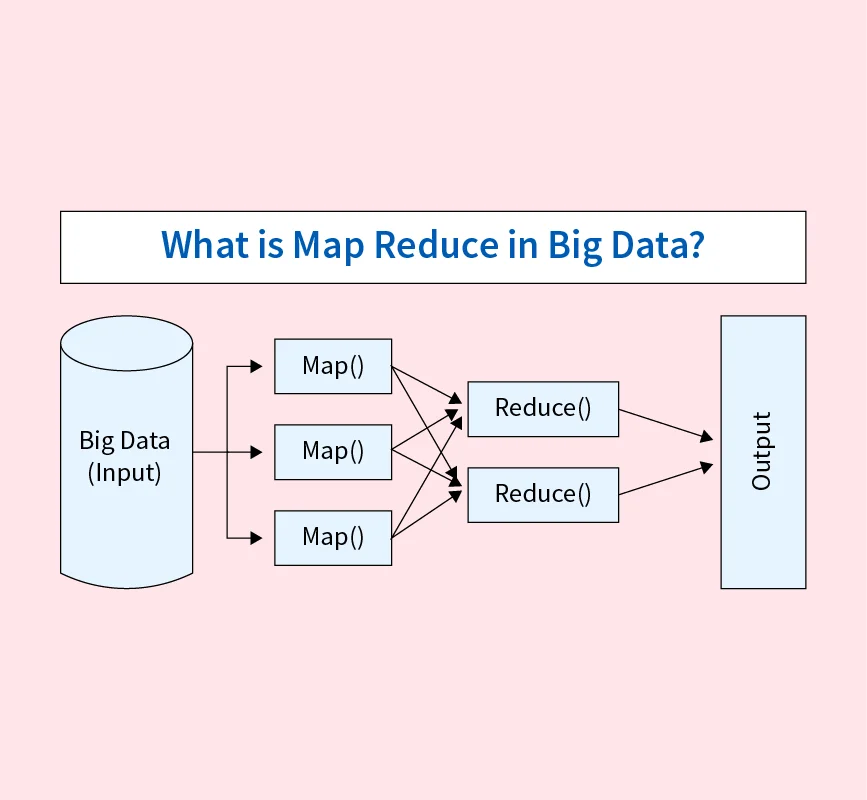Artificial Intelligence (AI) is reshaping the retail industry by driving smarter operations, hyper-personalized experiences, and data-informed decision-making. In an era where customer expectations are rapidly evolving, retailers face intense competition and growing pressure to deliver seamless, personalized, and responsive shopping journeys—both online and in-store.
Shoppers today demand real-time service, tailored recommendations, and frictionless checkout. To meet these demands, traditional methods are no longer sufficient. Retailers must adopt intelligent systems that can process massive volumes of data, predict customer needs, and automate critical processes.
AI plays a pivotal role in this transformation. It empowers retailers to analyze customer behavior, optimize inventory, automate routine tasks, and make faster, more accurate decisions. Whether through recommendation engines, chatbots, or predictive analytics, AI helps enhance customer satisfaction while improving operational efficiency. For retailers aiming to stay competitive and future-ready, strategic AI adoption is no longer optional—it’s essential.
Why AI is Crucial in the Retail Industry?
The modern retail landscape is complex and fast-paced, with consumers expecting personalized experiences, instant support, and seamless interactions across multiple channels. Traditional retail models struggle to meet these expectations, especially when managing large product catalogs, dynamic pricing, and shifting consumer preferences. This is where AI becomes indispensable.
AI addresses key challenges by enabling hyper-personalization, omnichannel integration, and cost efficiency. By analyzing real-time data from online and offline sources, AI helps retailers tailor offers, content, and messaging to individual shoppers. It ensures consistency across mobile apps, websites, and physical stores—delivering a unified experience.
Beyond customer engagement, AI provides a competitive edge through advanced predictive analytics. Retailers can forecast demand, optimize supply chains, and make faster, smarter decisions to reduce waste and maximize profit. AI-driven insights also help in trend spotting, enabling brands to stay ahead of the curve.
As consumer behavior continues to evolve—driven by convenience, social influence, and digital habits—AI empowers retailers to stay responsive. From adapting marketing strategies to rethinking in-store layouts, AI allows businesses to pivot quickly and effectively. In short, it’s not just a tool for efficiency—it’s a strategic driver of innovation and relevance in retail.
Key Technologies and AI Solutions in Retail
AI in retail is powered by a suite of advanced technologies that work together to streamline operations and elevate the customer experience. Among the most prominent are machine learning, natural language processing (NLP), and computer vision—each playing a distinct role in transforming how retailers operate.
- Machine learning algorithms analyze large volumes of historical and real-time data to uncover patterns and make accurate predictions. Retailers use these insights for dynamic pricing, fraud detection, and customer segmentation. NLP enables chatbots and voice assistants to understand and respond to customer queries in natural language, delivering 24/7 support and reducing operational load.
- Computer vision drives innovations like automated checkout systems, shelf monitoring, and in-store analytics. By analyzing images and video feeds, retailers can track product placement, detect stockouts, and even monitor customer foot traffic patterns.
- AI-powered recommendation engines are core to personalization strategies, suggesting products based on browsing behavior, purchase history, and preferences. These systems enhance upselling and cross-selling, leading to increased customer engagement and revenue.
- Chatbots and virtual assistants improve service efficiency by handling inquiries, processing orders, and even assisting with returns—freeing up human agents for more complex tasks.
- Predictive analytics enables accurate demand forecasting, helping retailers maintain optimal inventory levels and reduce stockouts or overstocking. Meanwhile, automated checkout solutions—powered by sensors, cameras, and AI—are creating cashier-less stores that offer a fast, seamless shopping experience.
Use Cases of AI in Retail
Artificial Intelligence is not just a buzzword in retail—it’s actively reshaping how businesses engage customers, manage operations, and secure transactions. From storefronts to supply chains, AI is being integrated across the value chain to drive speed, efficiency, and personalization. Below are key use cases where AI is delivering measurable impact in the retail space.
1. Personalized Customer Experiences
AI enables hyper-personalization by analyzing vast amounts of customer data in real time. Recommendation engines track browsing behavior, past purchases, and preferences to deliver dynamic product suggestions tailored to individual shoppers. This improves customer engagement, increases average order value, and fosters loyalty.
Beyond digital channels, AI extends personalization to physical stores. Retailers use location-based data, purchase history, and real-time customer profiles to offer custom promotions, tailored messaging, and product suggestions—bridging the gap between online and in-store experiences.
2. Inventory and Supply Chain Optimization
AI transforms supply chain management by providing accurate demand forecasts using machine learning models that consider seasonality, market trends, and historical sales. This helps avoid overstocking or stockouts and improves warehouse efficiency.
AI also enables real-time inventory visibility by integrating data across stores, warehouses, and suppliers. Combined with smart replenishment systems, it ensures shelves are stocked efficiently, reducing manual intervention and optimizing logistics operations.
3. Customer Service Automation
AI-powered chatbots and voice assistants can handle thousands of customer inquiries simultaneously—responding instantly to questions about products, orders, or policies. These tools significantly reduce customer wait times and lower support costs.
Advanced AI systems also streamline returns and refund processing by guiding users through automated workflows, flagging anomalies, and accelerating resolution—all while maintaining a consistent, human-like tone.
4. Fraud Detection and Loss Prevention
Retailers use AI to monitor transactions and identify suspicious activity in real time. Through anomaly detection algorithms, AI flags irregular purchase patterns, unauthorized access attempts, and other red flags that may indicate fraud.
AI-driven surveillance systems also enhance physical security. By analyzing video feeds, these systems detect shoplifting, suspicious movements, and store-level shrinkage—allowing security teams to respond proactively.
5. Smart Merchandising
AI enables dynamic pricing strategies by analyzing competitor pricing, customer demand, inventory levels, and other market signals. Retailers can automatically adjust prices in real time to stay competitive while maximizing profit.
Additionally, AI helps optimize product placement and displays by predicting trends and customer preferences. Retailers use this insight to curate in-store and online merchandising layouts, improving visibility and conversion rates.
6. Automated Checkout and Frictionless Shopping
Computer vision and sensor-based systems are at the core of cashier-less stores. These AI technologies track customers and products throughout the store, automatically charging shoppers as they leave—eliminating the need for traditional checkouts.
Frictionless checkout enhances the overall shopping experience by reducing wait times, minimizing human error, and offering a futuristic touchpoint that appeals to tech-savvy consumers. Major brands are already piloting or scaling such systems as a cornerstone of AI-powered retail innovation.
Benefits of AI in Retail
The integration of AI into retail operations offers a wide range of benefits that impact both customer experience and business performance.
- At the forefront is enhanced customer satisfaction. AI-powered tools enable retailers to deliver personalized recommendations, instant support, and seamless shopping experiences—leading to higher engagement and brand loyalty.
- On the operational side, AI helps achieve significant cost reductions by automating repetitive tasks, optimizing workforce allocation, and improving inventory management. These efficiencies allow retailers to allocate resources more strategically while minimizing waste and manual errors.
- AI also enables faster and more accurate decision-making. By analyzing real-time data across customer behavior, sales trends, and supply chain metrics, AI tools provide actionable insights that help retailers respond swiftly to market changes and consumer demands.
- Another major advantage is improved product availability. AI-driven demand forecasting and smart replenishment systems ensure that shelves are stocked with the right products at the right time, reducing the risk of stockouts and lost sales. This not only improves customer trust but also boosts revenue through better product accessibility.
Challenges and Considerations
While AI offers significant advantages in retail, its adoption comes with notable challenges.
- One of the primary concerns is data privacy and security. AI systems rely heavily on personal and behavioral data to deliver personalized experiences. Retailers must ensure that this data is collected, stored, and processed in compliance with data protection regulations like GDPR and CCPA to maintain customer trust.
- Another barrier is the integration with legacy systems. Many retailers still operate on outdated infrastructure, making it difficult to seamlessly deploy modern AI solutions. Upgrading systems or building integration layers requires time, technical expertise, and investment.
- Additionally, high upfront costs can be a deterrent, especially for small and mid-sized businesses. Implementing AI involves not just purchasing software but also investing in hardware, training, and long-term maintenance. Compounding this is the AI talent gap—a shortage of skilled professionals capable of building, managing, and scaling AI models effectively within retail environments.
The Future of AI in Retail
The future of AI in retail is being shaped by emerging technologies like generative AI, autonomous stores, and hyper-personalization. These innovations are pushing the boundaries of what’s possible, from AI-generated product descriptions to fully automated shopping environments. As AI tools become more accessible and cost-effective, small and mid-sized retailers are increasingly adopting them to stay competitive. The focus will continue to shift toward customer experience evolution, with AI delivering deeper personalization, faster service, and more intuitive shopping journeys. In the coming years, AI won’t just support retail—it will redefine how consumers interact with brands across every touchpoint.
Conclusion
Artificial Intelligence is revolutionizing the retail industry, offering transformative potential across customer experience, operations, and decision-making. From personalized recommendations to automated inventory management and seamless checkout, AI empowers retailers to operate smarter, faster, and more efficiently. As consumer expectations continue to rise and market dynamics shift rapidly, embracing AI is no longer optional—it’s a strategic imperative. Retailers that invest in AI-driven solutions will be better positioned to anticipate customer needs, streamline processes, and gain a competitive edge. By adopting AI thoughtfully and proactively, businesses can thrive in a future where technology and customer-centricity go hand in hand.
References:


